Online A.A. in Liberal Studies
Offered through UMaine at Machias
About the Program
The online Associate of Arts in Liberal Studies is a comprehensive liberal arts degree that provides students with a solid academic foundation in English composition, mathematics, science, humanities, and the arts.
While a concentration is not required, the following concentrations are available online:
- Creative Writing (15 credits)
- Digital Media Production (18 credits)
- Mental Health and Rehabilitation (15 credits)*
- Psychology (15 credits)
Contact Us
Have questions about earning your A.A. in Liberal Studies online with UMaine at Machias? Contact a UMaineOnline advisor.
Curriculum
The A.A. in Liberal Studies provides a solid foundation in liberal studies through the core courses. Students who choose to complete a concentration can focus on their unique interests and goals, selecting from concentrations in creative writing, digital media, mental health & rehabilitation, psychology, or additional electives tailored to their specific objectives.
Admissions
UMaine at Machias makes it easy to apply — on your terms. Apply online at machias.edu/admissions/apply.
Careers
According to the Bureau of Labor Statistics (BLS), as of 2025, occupations that require education beyond a high school diploma for entry are projected to grow faster than average. The need for employees with an associate’s degree is expected to grow by over 6% from 2023 to 2033.
Not only are employers looking for higher entry-level education, but opportunities requiring at least an associate’s degree have a median annual wage of $63,280 as of 2024. That’s 30% more than those with just a high school diploma.









